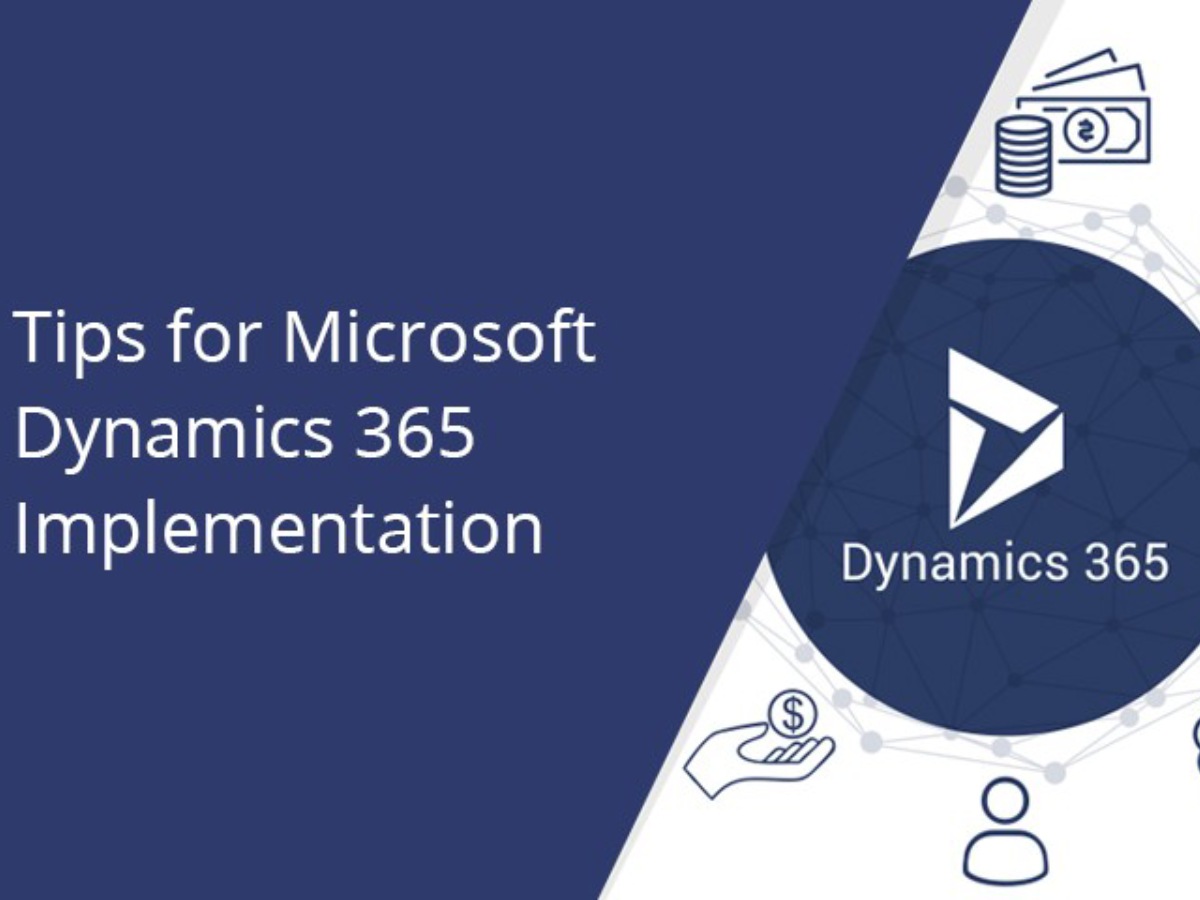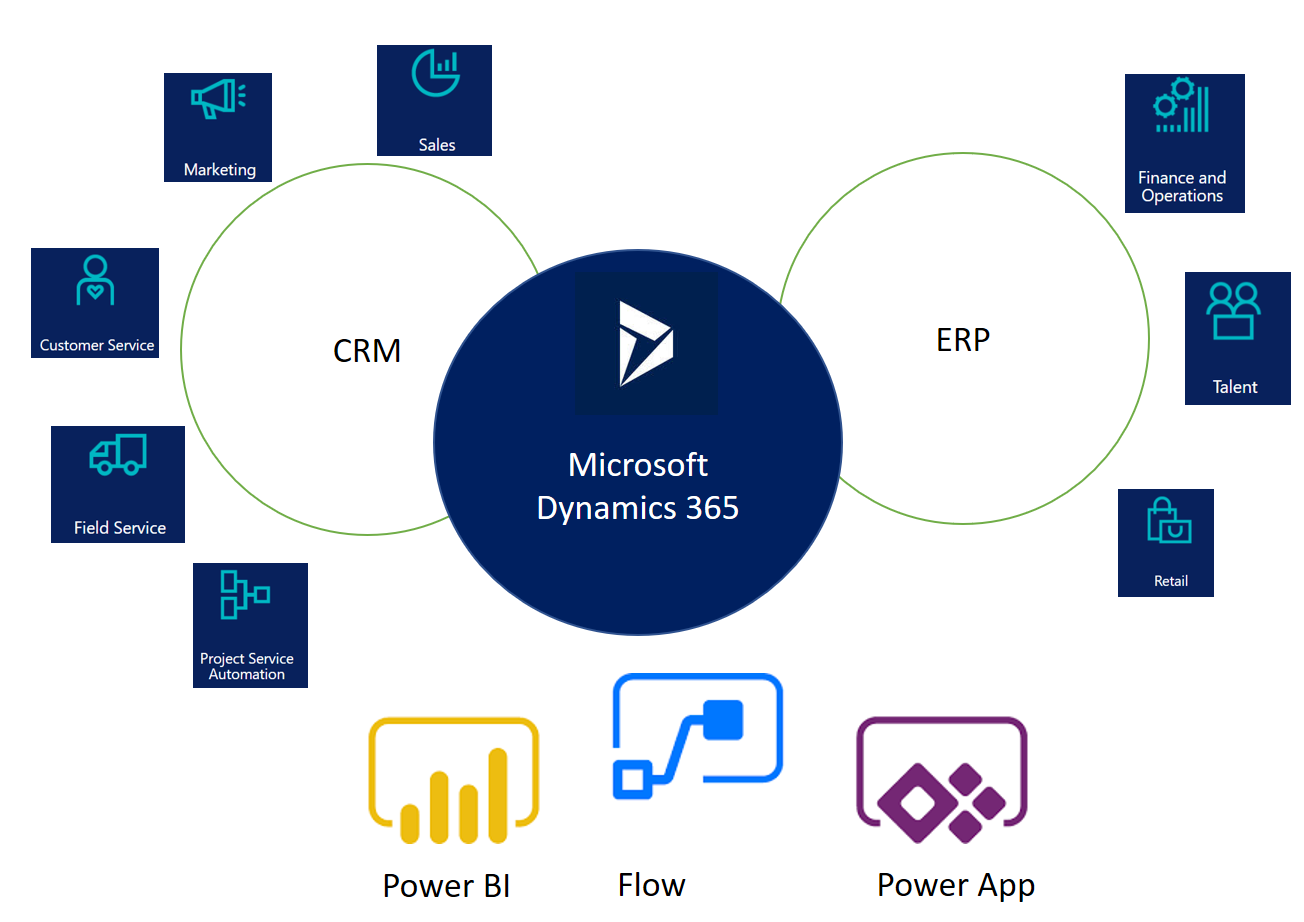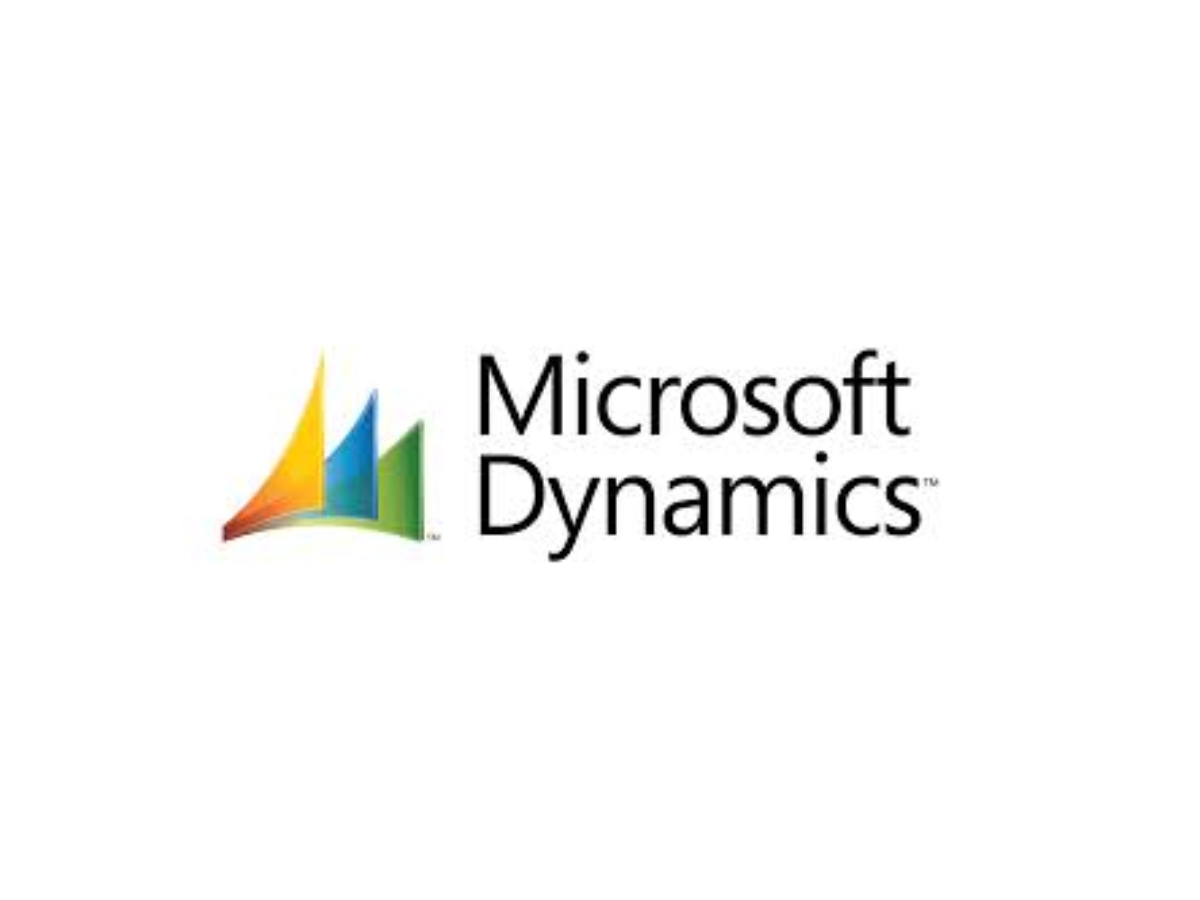A niche ERP solution or industry-specific ERP solution helps companies automate their accounting and finance functions. But the benefits don’t end there.
This platform can also be tailored to your specific industry needs. It combines them all into a single solution that doesn’t require any customization or third-party software products. Although there are many options, Microsoft Dynamics ERP System is among the best.
Here is how a specific ERP solution can benefit your business. Check out—
-
It keeps the cost of ownership low—
The total cost of ownership refers to all costs associated with a project. This includes the cost of initial purchase as well as the ERP implementation costs.
Generic ERP systems don’t have the same capabilities as those that are specifically designed for a particular industry. This is why they tend to be more expensive than custom-made ERP systems. Most business leaders realize that they need to customize the software or add additional features to it to suit their specific needs. These customization costs can be very high and will be even more costly if the company has to upgrade its ERP system.
With niche ERP systems, such costs can be avoided.
-
Implementation is hassle-free—
Software that is specific to your industry is already pre-built and includes the functionality you require. Hence, it may be expected that the vendor is an expert in your field. They can quickly implement the solution so that you can begin reaping the benefits.
-
You will be able to follow industry best practices—
There are best practices in every industry that guide how processes should be run. You must also adhere to regulations.
These requirements can be addressed by industry-specific ERP systems. The modules of the ERP system can also be updated as the industry changes over time.
-
You are associating with experts—
When you opt for an industry-specific ERP system, you essentially partner with a vendor who has both expertise and experience in the field where your business operates. This makes it easier to communicate with your vendor and allows them to understand your business needs.
This ERP system is easy to use and understand as far as your employees are concerned. Such an ERP system will also delight your customers and business partners.
-
You will be able to get issues resolved faster—
Your vendor will be able to resolve issues faster than generic solution providers since they have a domain experience in the industry. This means that if you have any problems with your system, you will be able to talk to someone who understands you.
-
Common issues can be easily addressed—
ERP solutions that are specific to your industry are not created by people from outside the industry. They are the result of extensive research into your industry’s specific complexities. These insights reveal common problems and the critical solutions that can be used to solve them.
If you are facing roadblocks in business operations, then chances are you need an industry-specific ERP system.
-
They cater well to customers—
Although industry-specific systems can make employees’ lives easier, they are really built with customers in mind. They enable the unique processes that make up your industry. This starts by understanding your customer’s needs.
Your customers will be happier if you have the right tools and functions to make their work easier. An ERP system allows manufacturers to track their job processes. This transparency allows them to identify potential problems early and prevent delays that could compromise quality.
It can be difficult and time-consuming to select an ERP system. Before you start the journey, you should determine whether your industry requires a specific solution or one that is generic.
Although industry-specific ERP has many advantages, it is best to make your business decision based on your needs and goals. And if you are looking for something really valuable, you can consider Microsoft ERP Solution.
When it comes to choosing an ERP system, the decision between a generic solution and an industry-specific one is critical. Industry-specific ERP solutions are designed with the unique challenges and requirements of certain industries in mind. This focus allows for a tailored approach that often results in better performance, lower customization costs, and a faster return on investment.
Industry-specific ERP systems also tend to be more adaptable to industry changes, making them future-ready. For instance, in industries like healthcare, retail, or manufacturing, regulations and processes frequently change, and an ERP system built for these sectors can adapt more seamlessly. By incorporating the latest industry standards, such ERPs help businesses stay compliant and competitive.
Moreover, these ERPs often include advanced analytics and reporting tools that reflect key performance indicators relevant to a specific industry. This data-driven approach allows business leaders to make more informed, timely decisions based on industry benchmarks and trends.
Additionally, with a dedicated support system, businesses using industry-specific ERP systems receive technical assistance from experts familiar with industry nuances. This relationship minimizes downtime and enhances operational efficiency. In contrast, generic ERPs may struggle to address such sector-specific challenges effectively, often requiring costly, time-consuming customizations.



